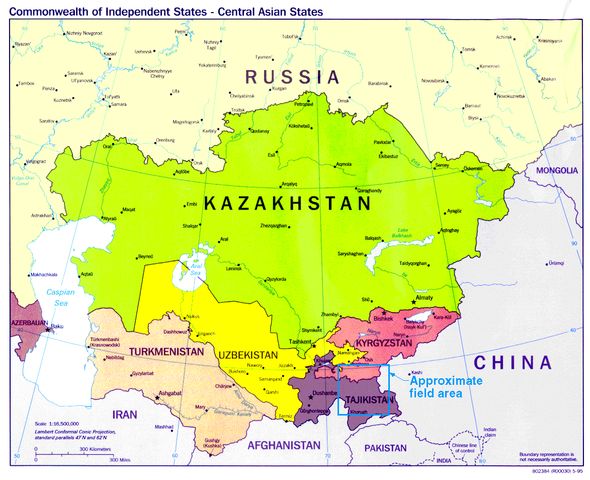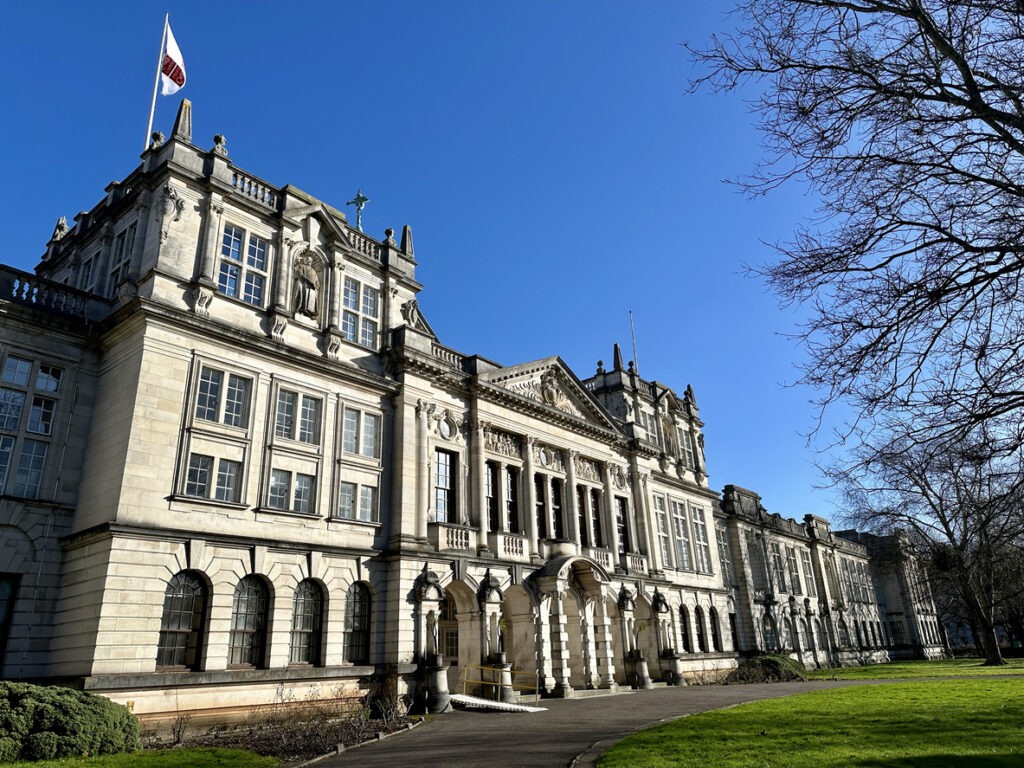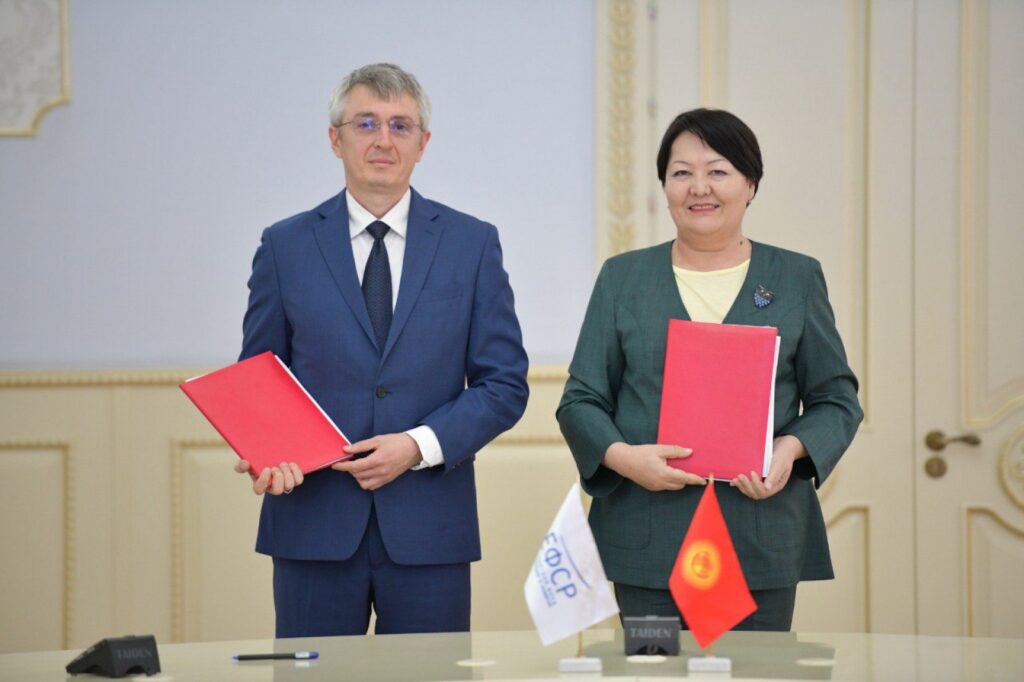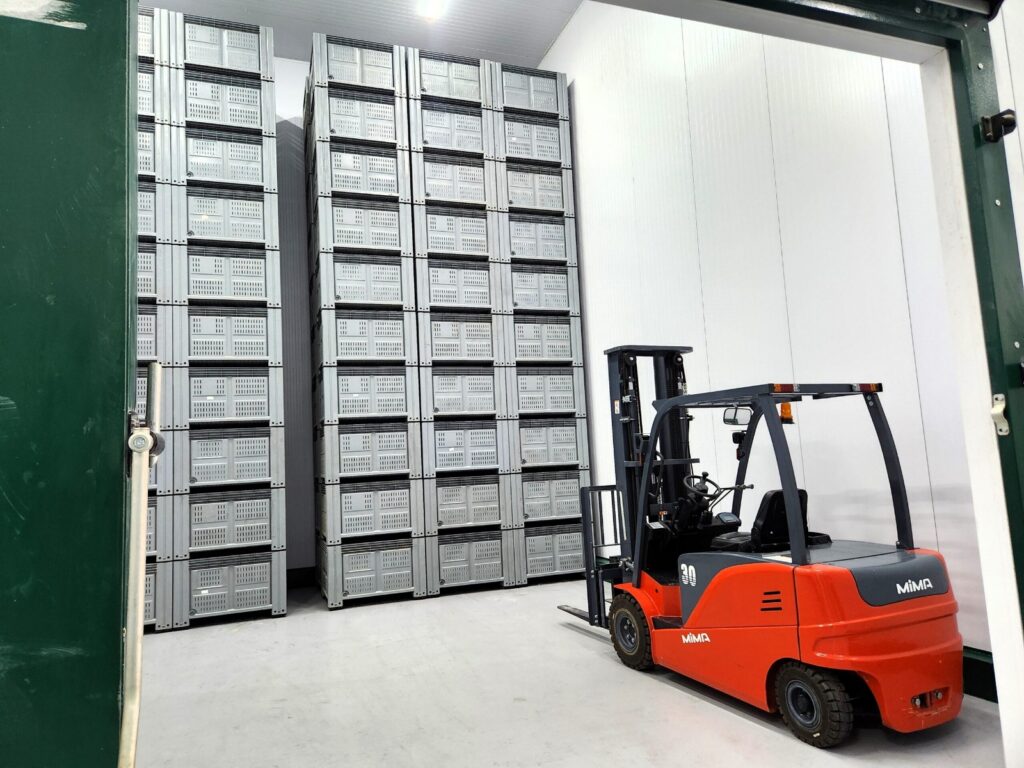BISHKEK (TCA) — Labor, taxation and social welfare policies in countries around Europe and Central Asia must be brought into the 21st century to tackle rising inequality between groups and help workers face increased uncertainty, says a new World Bank study.
Towards a New Social Contract calls for a fundamental rethinking of policies to ease the growing divide between those who benefit from new economic opportunities and those who are left behind in an ever-more flexible economy.
“Although countries in the Europe and Central Asia region have vast experience with social welfare institutions and programs, these were designed for a different economic environment and they no longer provide the same benefits for citizens as before,” says Cyril Muller, World Bank Vice President for Europe and Central Asia.
“Long-term wage employment is no longer the norm, especially for younger people, and we need to ensure the benefits of growth and opportunities are more equally shared.”
The report finds that inequality of opportunity is high in several countries in Central Asia. In Kazakhstan, for example, people who were born in the 1980s have 40% less opportunity to access tertiary education than those born in the 1940s.
Inequality across regions is also relatively high in Central Asia. Tajikistan has the largest welfare gap between rural and urban areas. The Kyrgyz Republic also has a large urban-rural gap in welfare, but regional poverty rates in the country have been decreasing slightly in recent decades. In Kazakhstan, the average gap in household per capita consumption between the richest and the poorest region grew from $2,463 in 2003 to $2,891 in 2013.
With regard to labor mobility, the Central Asia region ranks relatively low. In Kazakhstan, internal migration flows during 2010-15 accounted for around 1.7%-2.3% of the population. One of the biggest constraints to labor mobility is the high-cost of living in Almaty, Kazakhstan’s largest city, and Astana, the capital. Low labor mobility limits people’s ability to use their productive capacity to access jobs by moving to thriving areas. Policies that promote the ability of workers to migrate within a country, or abroad, can reduce inequality of opportunity for people in Central Asia, says the report.
The report proposes a set of three policy principles: moving toward equal protection of all workers, no matter their type of employment; seeking universality in the provision of social assistance, social insurance, and basic quality services; and supporting progressivity in a broad tax base that complements labor income taxation with the taxation of capital.
“When we ask people about their well-being, we hear concerns about rising inequality and insecurity. This report investigates the causes of these concerns by analyzing the changes in income distribution in recent decades,” says Maurizio Bussolo, World Bank Lead Economist for the Europe and Central Asia region and co-author of the report. “We believe trying to stop globalization or technology is not the solution. Instead, a new social contract, with a fairer way of sharing risks and opportunities, is needed to preserve and expand the impressive economic gains the region has made in past decades.”
The report identifies four types of tension between groups that are eroding social cohesion: disparities between young and old generations; inequalities between workers engaged in different occupations; unequal access to opportunities based on geography; and inequalities based on gender, ethnicity, background and other factors, rather than individual efforts or abilities.
Acknowledging that countries across Europe and Central Asia differ in many respects, this report emphasizes policies aimed at reducing tensions by protecting all workers, improving social services, and making tax systems fairer.








